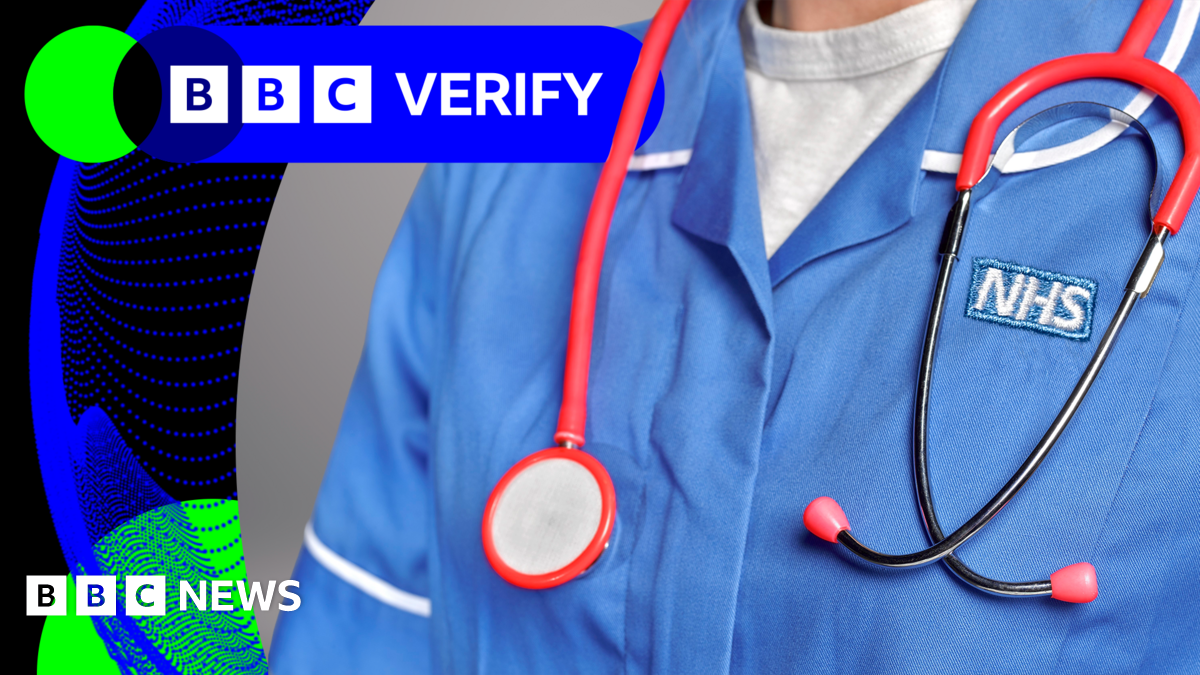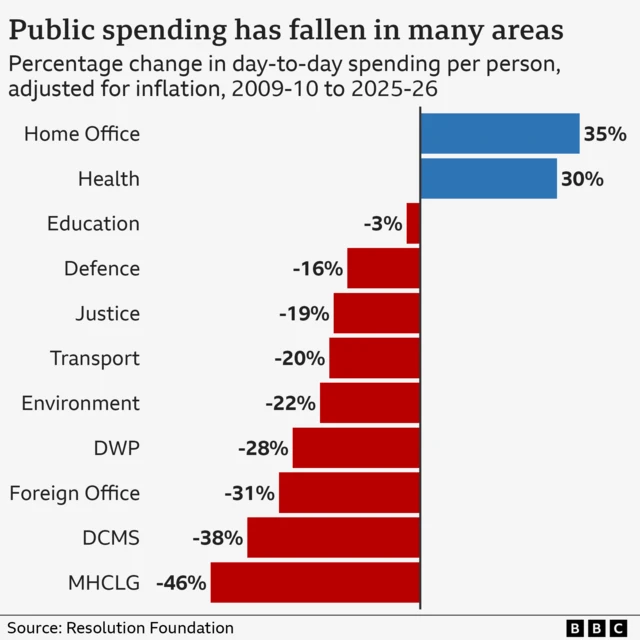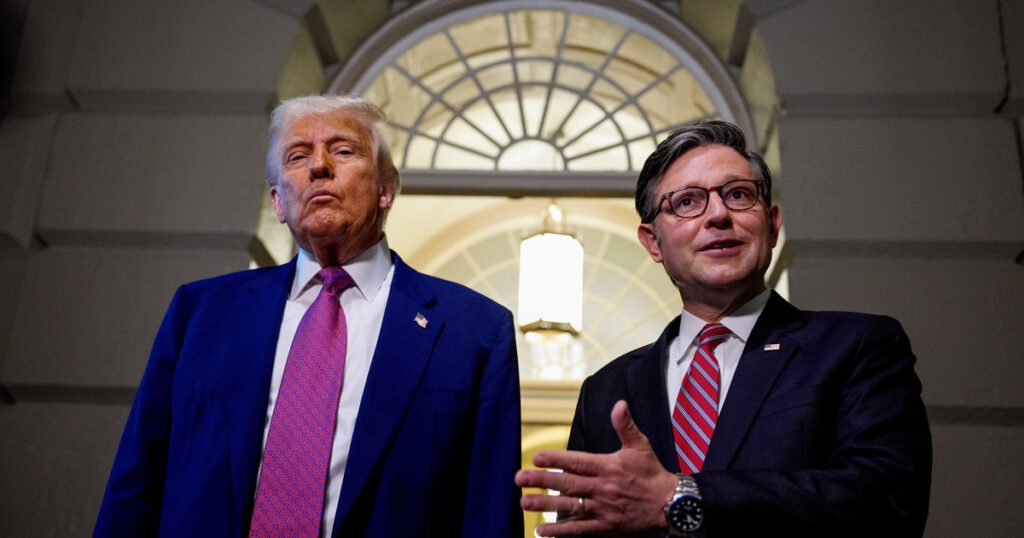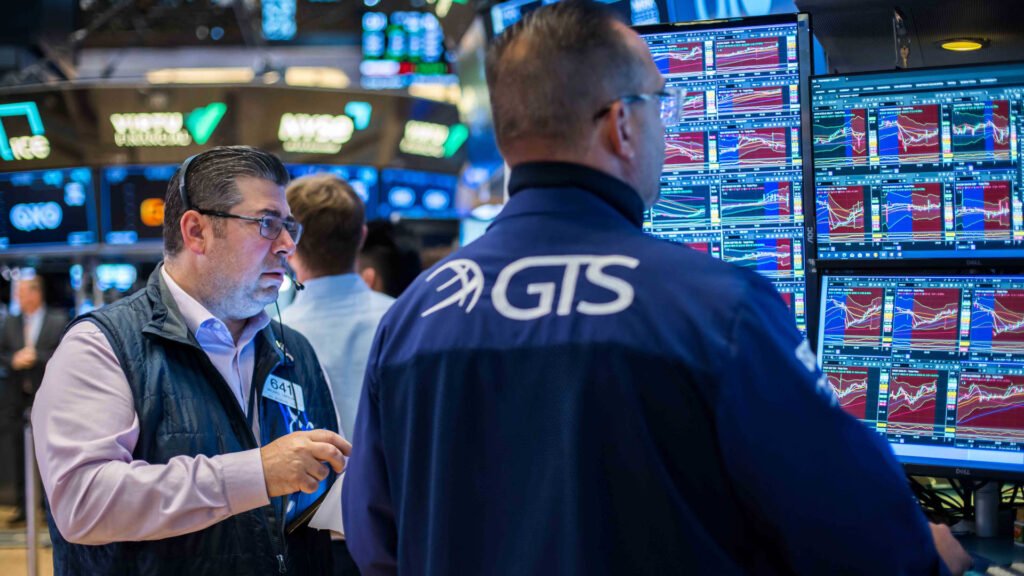Now Reading: BBC Verify Live: Spending review unpacked and Gaza aid chaos
-
01
BBC Verify Live: Spending review unpacked and Gaza aid chaos
BBC Verify Live: Spending review unpacked and Gaza aid chaos

Three things to consider when reporting on big sums of moneypublished at 12:33 British Summer Time
Phil Leake
BBC Verify data journalist
We can expect plenty of big numbers from Chancellor Rachel Reeves when she delivers her Spending Review at around 12:30 BST.
At BBC Verify, there are a few key questions we often ask when reporting large sums of money. They include:
Over how long?
Governments will sometimes use the largest number available to them when discussing spending commitments.
For example, the government has pledged £86bn in investment spending for science and technology. This figure is the total for four years – the annual amount will reach £22.5bn by 2029-30.
What is the trade-off?
The chancellor has set herself a limited amount of money to allocate, which means that decisions to increase spending often involve a sacrifice elsewhere.
The NHS is set to receive one of the biggest uplifts in spending – £30bn by 2028-29 – but this will likely come at the cost of some other departments’ budgets, continuing a trend seen over the past 15 years.
Think tank The Resolution Foundation estimates that day-to-day health spending per person has risen by 30% since 2009-10, while several other departments have seen similar sized cuts.
How does it compare historically?
Another commitment is to increase defence spending from 2.3% of gross domestic product (GDP) to 2.5% by 2027 – worth around an extra £5bn a year on average.
Over the long-term, the defence budget has been declining: in the mid-1950s, it was equivalent to almost 8% of GDP.



















































